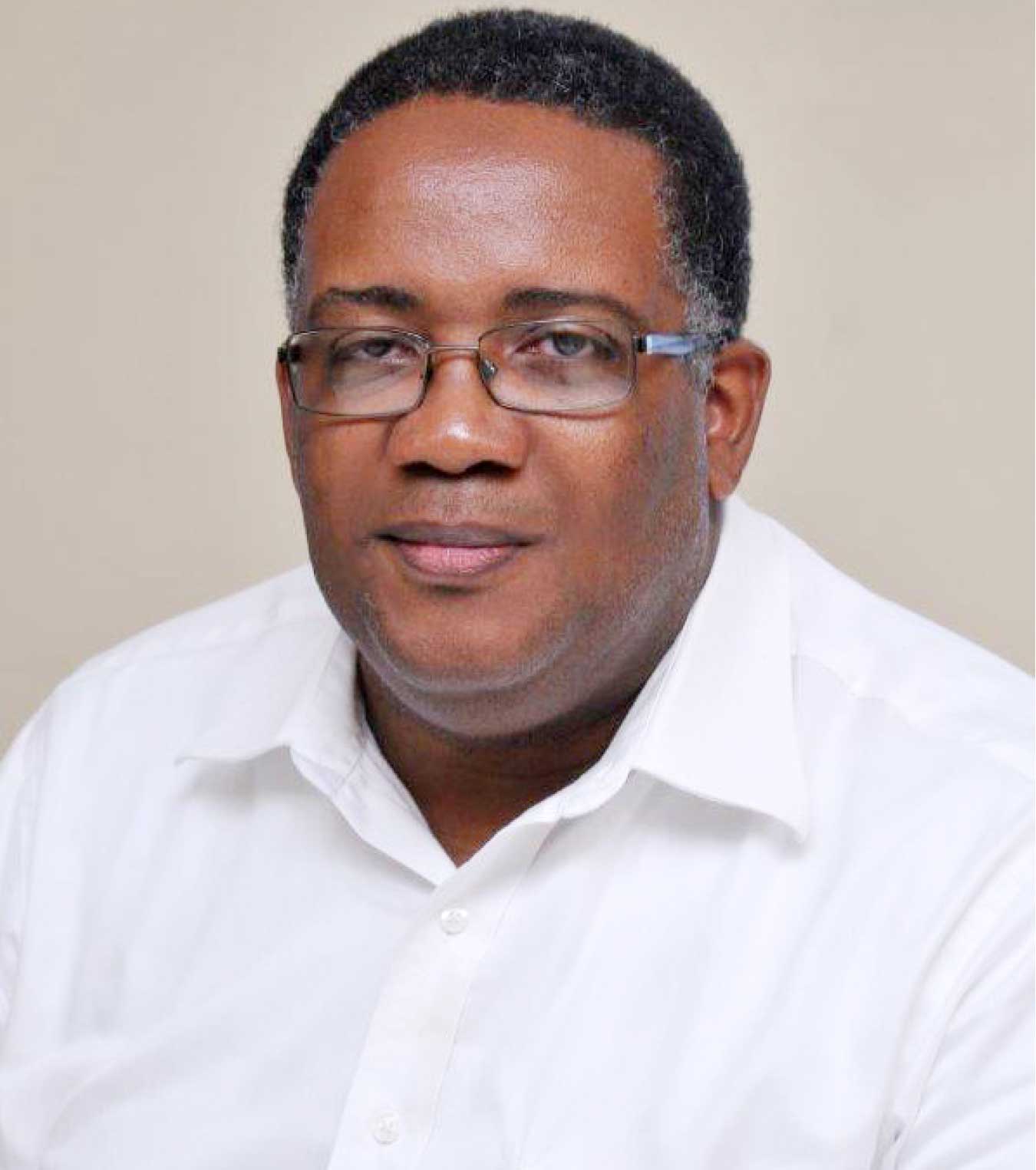Professor Michael Taylor, The University of the West Indies, (The UWI) Mona Campus’ Professor of Climate Science, Dean of the Faculty of Science and Technology and a world renowned expert in climate science has been named among Apolitical’s 100 Most Influential Academics in Government.

This list, according to Apolitical, “highlights work that has influenced the policymaking process by providing insights into policy problems, contributing innovative ideas and solutions, or adding relevant and informative data. Apolitical also noted that each nominee on this list is “committed to improving the work of government and their research has already made an impact.”
Each year, Apolitical recognises academics working in important policy areas which form the focus of governments around the world and which, by their very nature, often present and even require intergovernmental collaboration. The areas selected this year included Climate and Sustainability, the area for which Professor Taylor is being recognized; Recovery from COVID-19; Employment and Skills; Social Policy; and Policymaking processes and approaches.
Speaking to the recent announcement, Professor Taylor said: “I am grateful to have been nominated and deeply humbled to have been selected for inclusion. I see it as more than an individual accolade but rather a shared honour, as it is one to which the Caribbean intellectual community and The UWI in particular have contributed. I am merely representative of the many Caribbean academics who through their hard work are striving to make an impact and a difference for the better.”
Professor Taylor was a Coordinating Lead Author for the Special Report on 1.5 Degrees produced by the Intergovernmental Panel on Climate Change (IPCC). The IPCC’s Report followed on from the “1.5 to Stay Alive” Caribbean campaign which was informed by UWI climate change research and modeling. The campaign is credited with mobilising the global effort to limit global warming to 1.5 degrees above pre-industrial levels to minimise the catastrophic effects of climate change. Professor Taylor’s research has been globally recognised, positioning The UWI to be selected by the International Association of Universities (IAU) to lead in mobilising research and advocacy as the world moves toward a ‘climate-smart world’. Professor Taylor’s leadership in this area was instrumental in The UWI leading the Global University Consortium on the UN Sustainable Development Goal (SDG) 13: Climate Action, as well as The UWI having a lead role in a specialised network known as the Commonwealth Climate Resilience Network (CCRN) — established by the Association of Commonwealth Universities (ACU), and other like associations.
Professor Taylor is also the co-Director of the Climate Studies Group, Mona (CSGM) which he has successfully positioned as a Centre of regional thought and expertise with respect to climate change science and as the lead Centre for coordinating regional climate modelling efforts.
The UWI prides itself on making scientific research to tackle climate change a top priority and attracting the best scientific researchers who have been sounding the alarm on the climate crisis for more than five decades. Thirteen UWI scientists have contributed to the IPCC Sixth Assessment cycle to produce the three-volume global assessment report, known as “The Sixth Report” and “Three Special Reports”, which were presented at COP26, hosted this year in Glasgow, Scotland, United Kingdom. Professor Taylor described COP26 as a “politically significant moment.” He noted the significance of the IPCC’s Sixth Assessment Report (AR6), which states that “global warming of 1.5°C and 2°C will be exceeded during the 21st century unless deep reductions in CO2 and other greenhouse gas emissions occur in the coming decades.” Professor Taylor cautioned that heading to 2°C is too much for Small Island Developing States (SIDS) as the Caribbean, noting that even at 1.5°C, “We are only guaranteed half a chance of a liveable future.”
Reacting to the announcement Pro Vice-Chancellor and Principal of The UWI Mona Campus, Professor Dale Webber stated: “as scientists, we know that research and the attendant findings can change the world. Professor Taylor being named among the most influential academics is no huge surprise to me as he has always been ahead of his time and very strategic in his approach to climate science. He was always focused on practical, impactful, and achievable goals in our global response to climate change, which is clear from his work with the IPCC and the Climate Studies Group he leads here at Mona. This is an immensely proud moment for us as a Campus and as a regional university.”
About Apolitical
Apolitical was founded by mission-driven entrepreneurs and backed by impact investors in Europe, North America, Asia, Africa, and Australasia and supported by an EU Horizon 2020 grant. It is a for-profit company and a Certified B Corporation. Source: https://about.apolitical.co/our-story













